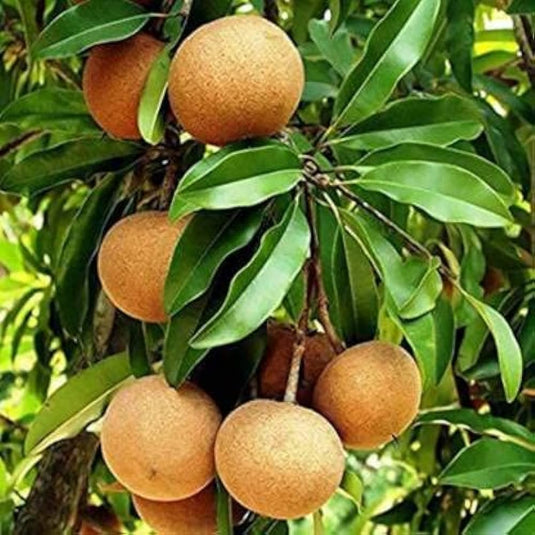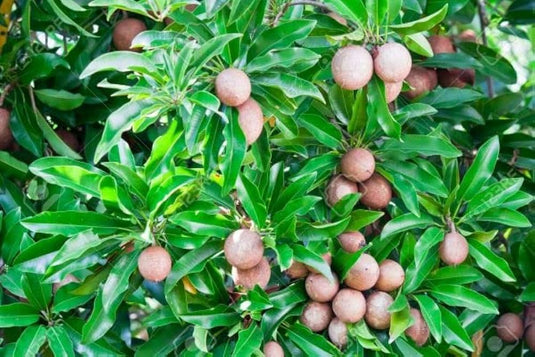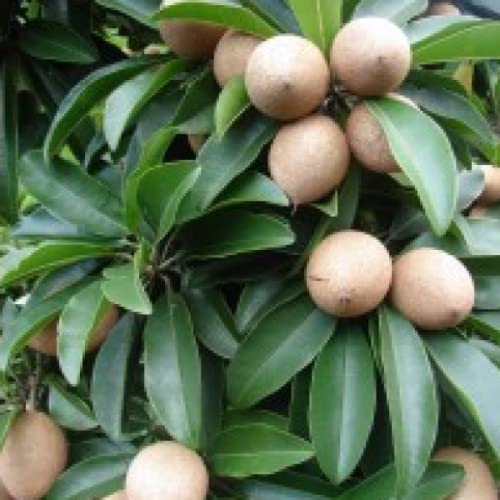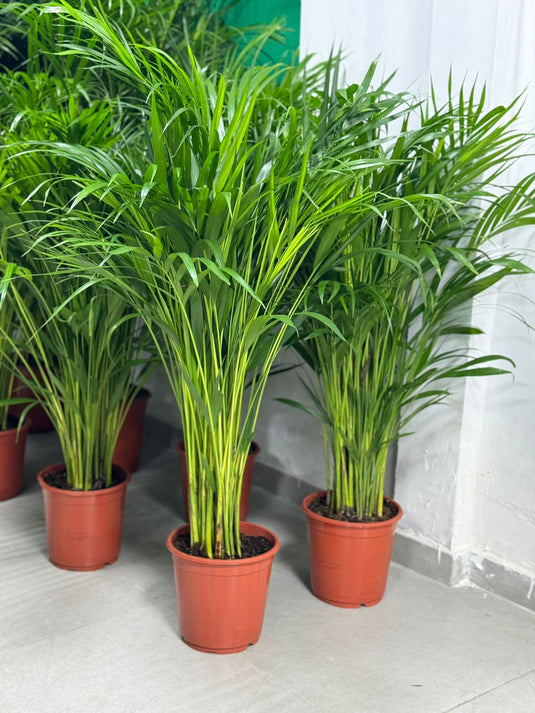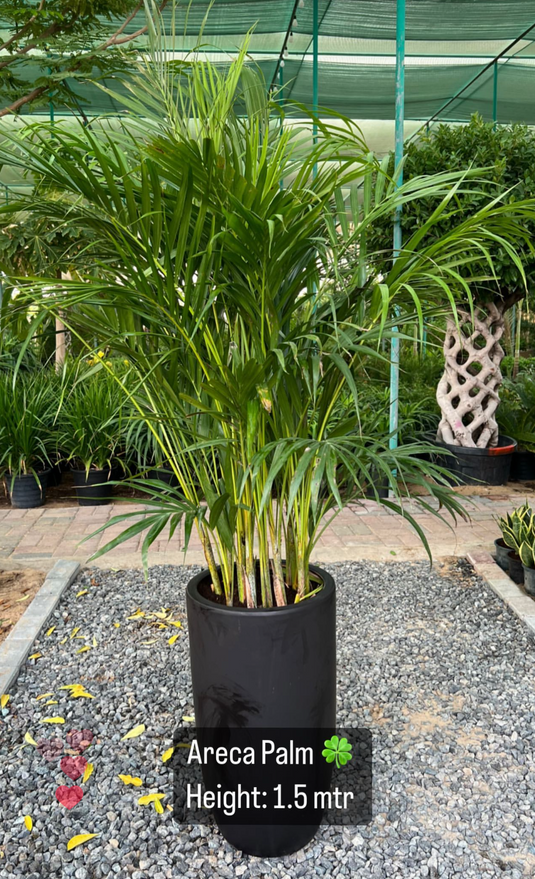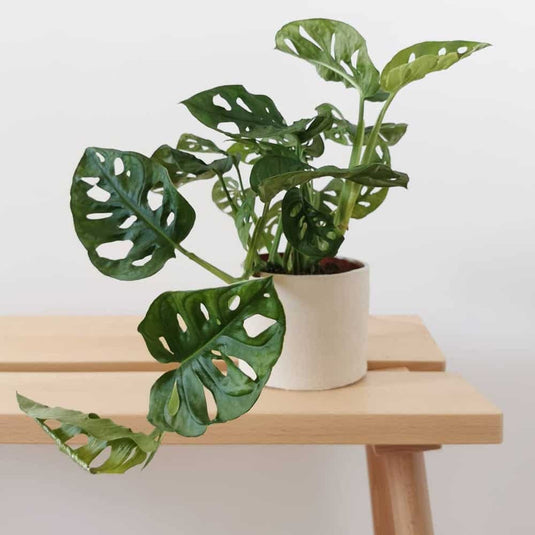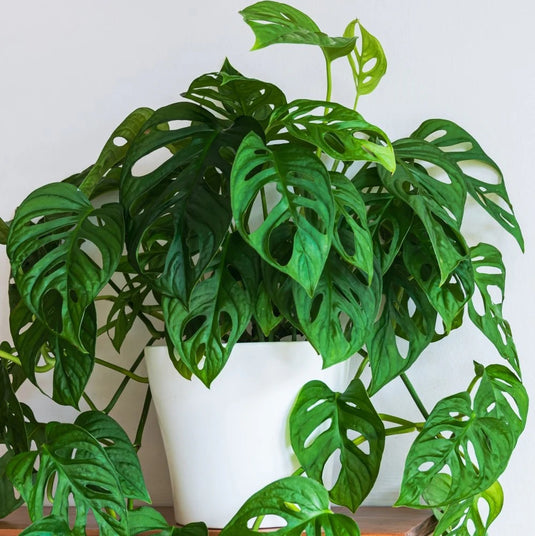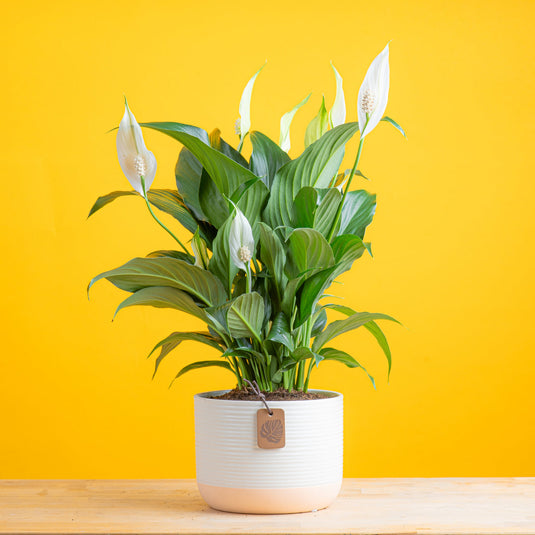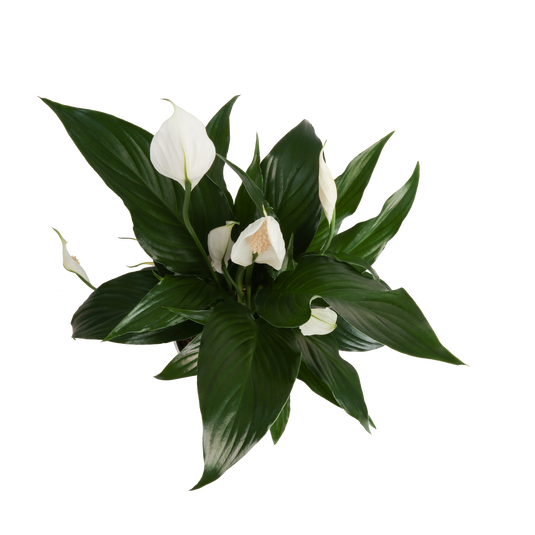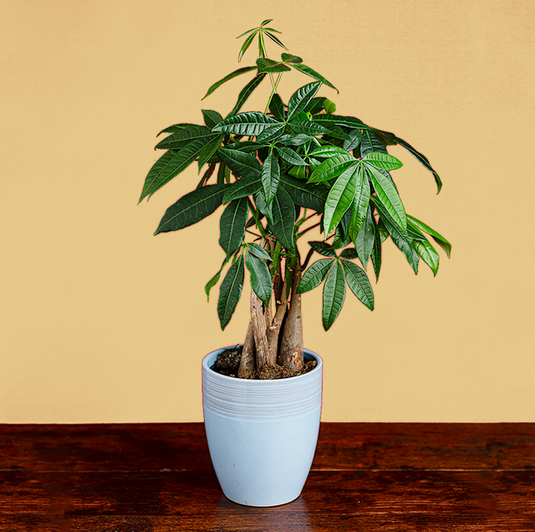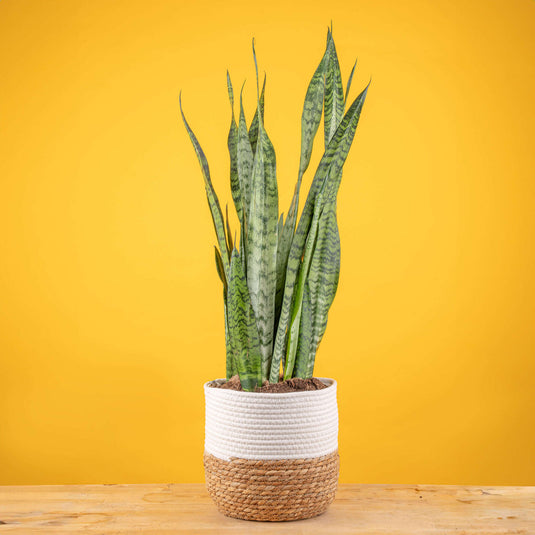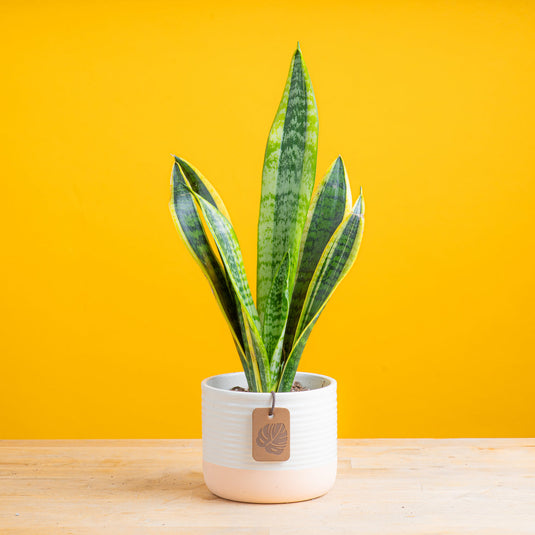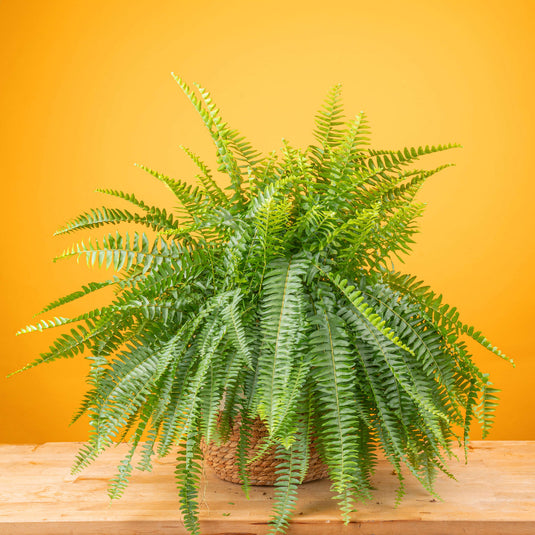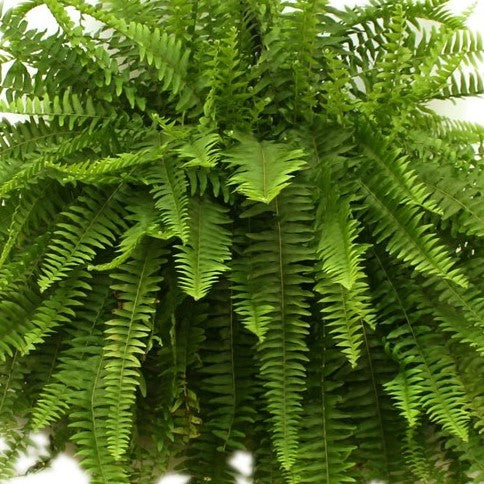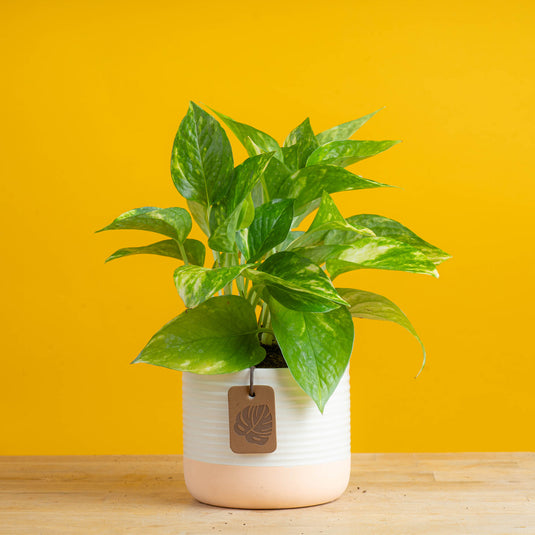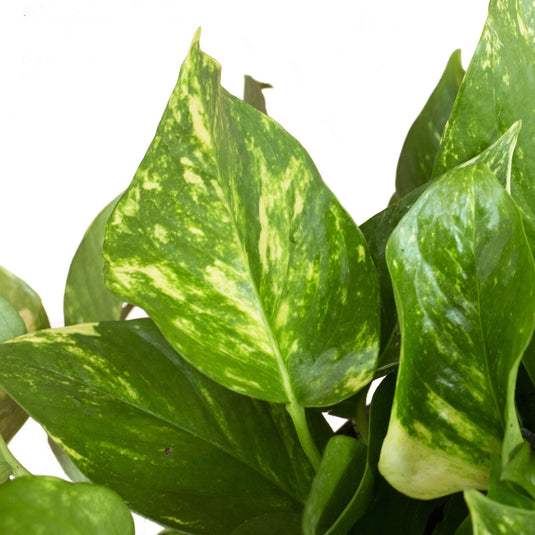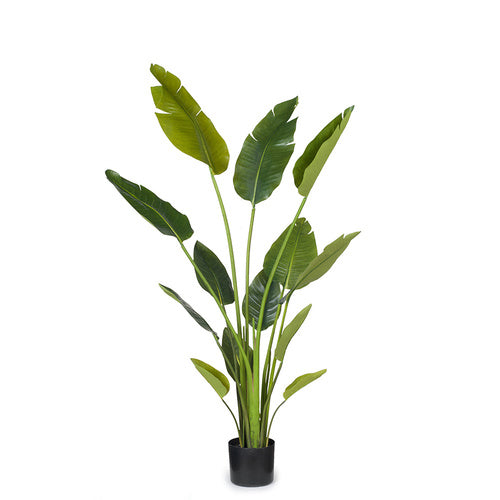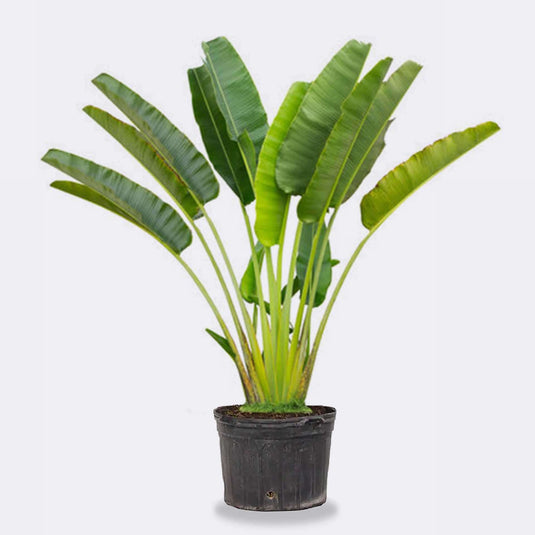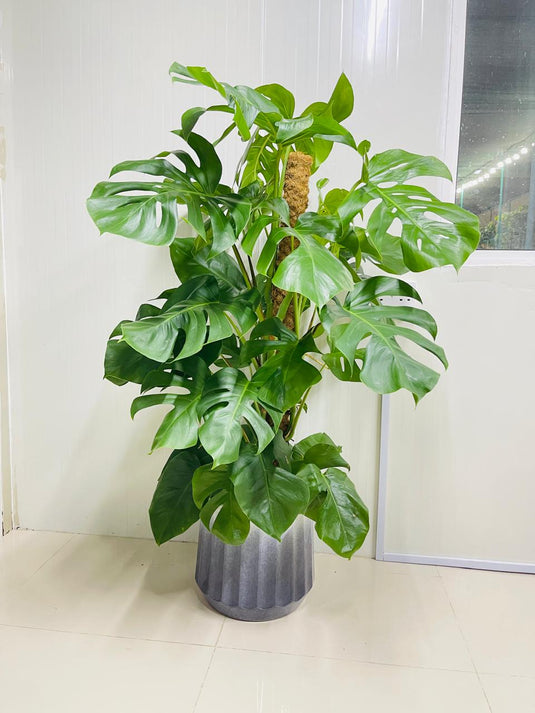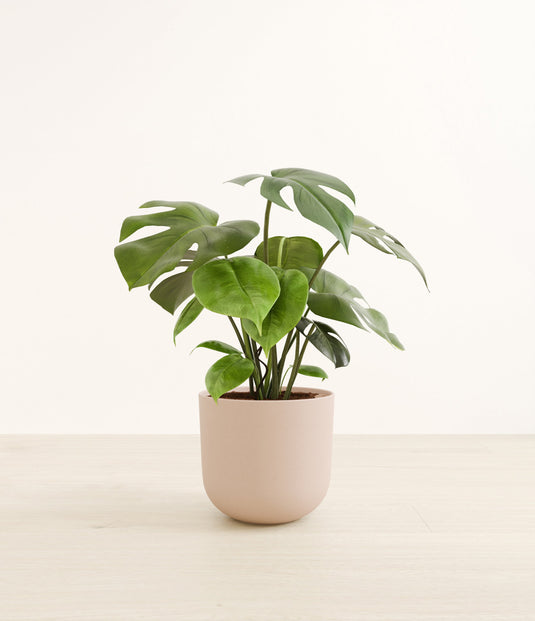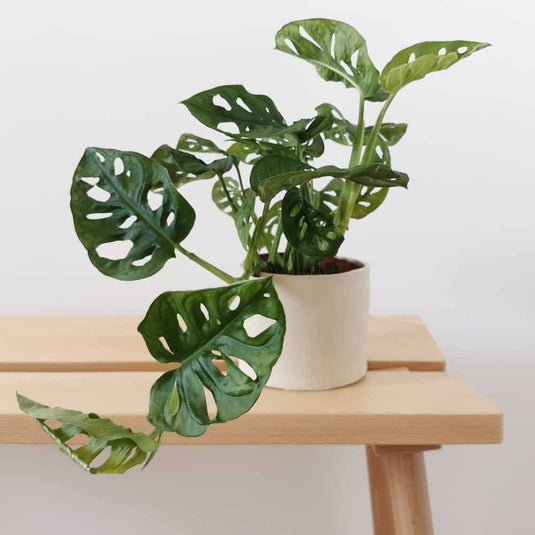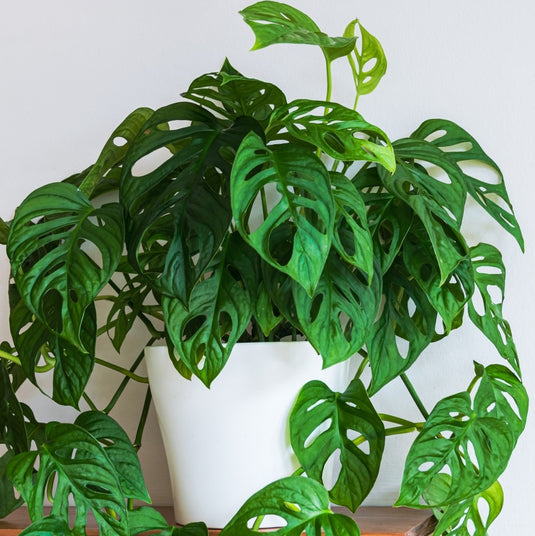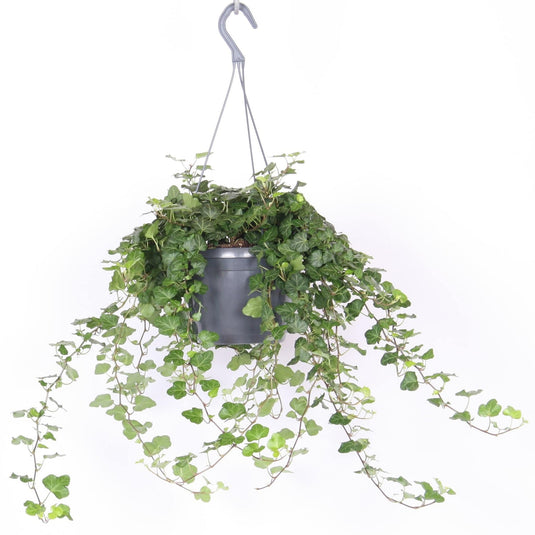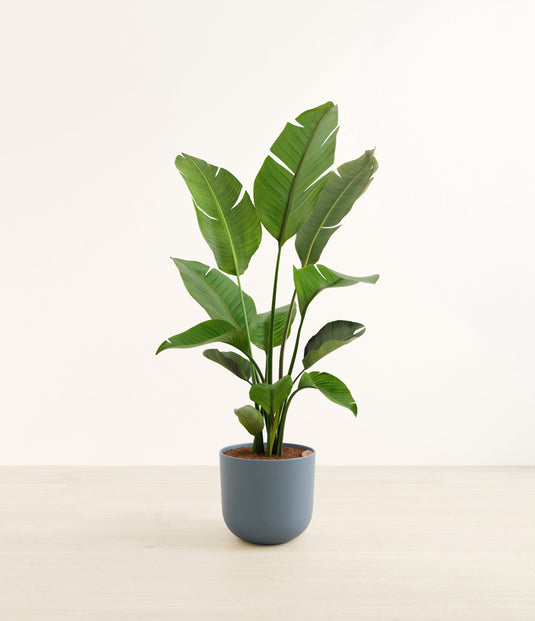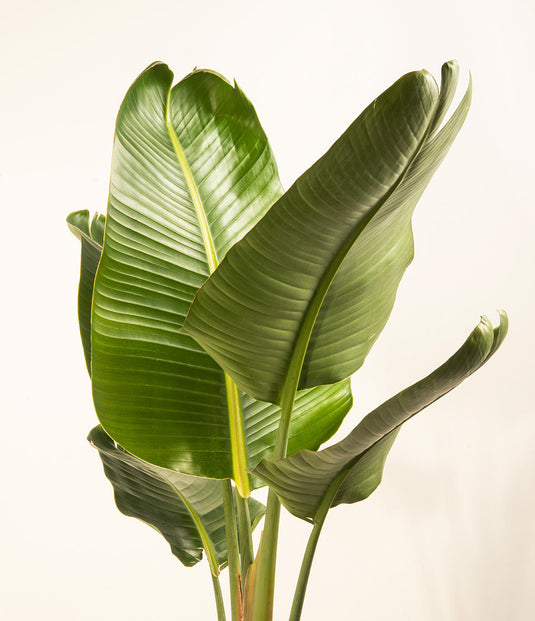Chickoo
- Healthy Arrival Guarantee
- Free Plant Care Consultation
- Safe & Secure Payment

We will send you a notification as soon as this product is available again.
-
Estimated delivery: Aug 31 - Sep 04
-
Free return within 7 days of purchase.
Plant Description
The Chickoo plant, scientifically known as Manilkara zapota, is a tropical tree native to Central America and the Caribbean, widely cultivated for its sweet, edible fruit known as chickoo or sapodilla. The global market for chickoo is projected to reach approximately $2 billion by 2030.
5 Essential Benefits of Chickoo Plant for Health and Well-being
1. Nutritional Value
Chickoo is rich in essential nutrients, including dietary fiber, vitamins A and C, and minerals like potassium and calcium. Studies indicate that these nutrients contribute to overall health and wellness (Nirmal & Nirmal, 2017).
2. Antioxidant Properties
Chickoo contains antioxidants such as tannins and flavonoids. Research shows that these compounds help protect the body from oxidative stress and may reduce the risk of chronic diseases (Kumar et al., 2018).
3. Digestive Health
The high fiber content in chickoo promotes healthy digestion by preventing constipation and aiding in bowel regularity. A study highlighted the role of dietary fiber in maintaining gut health (Slavin, 2013).
4. Energy Booster
Chickoo is a natural source of sugars, making it an excellent energy booster. Its carbohydrate content provides a quick source of energy, making it ideal for athletes and active individuals (Hassan & Kaur, 2020).
5. Skin Health
The vitamins and antioxidants in chickoo can benefit skin health. Studies suggest that vitamin C plays a crucial role in collagen synthesis, which is essential for skin elasticity and repair (Harrison et al., 2016).
Disadvantages
· The Chickoo plant thrives in tropical climates, necessitating suitable environmental conditions for optimal growth.
· Chickoo fruits have a relatively short shelf life, requiring timely consumption or proper storage to maintain quality.
· Growing Chickoo plants requires adequate space, emphasizing the need for appropriate site selection in gardening.
· Regular care and maintenance are essential for healthy growth and fruit production, highlighting the importance of horticultural practices.
Frequently Asked Questions
1. Is the Chickoo plant nutritious?
Yes, the Chickoo plant produces fruit that is rich in essential nutrients, including vitamins and minerals.
2. Do Chickoo fruits have antioxidant properties?
Yes, they contain antioxidants that can help combat oxidative stress and lower disease risk.
3. Can Chickoo fruits aid in digestion?
Yes, the high fiber content in Chickoo promotes healthy digestion and regularity.
4. Are Chickoo fruits good for energy?
Yes, they provide a quick source of energy due to their natural sugar content.
5. Do Chickoo fruits benefit skin health?
Yes, the vitamins and antioxidants in Chickoo can enhance skin health and elasticity.
Final Verdict: Should I Buy the Chickoo Plant?
Yes, investing in a Chickoo plant can be beneficial due to its rich nutritional profile, antioxidant properties, and potential health benefits.
Plant Care
Watering
Water your plant once a week or when the soil starts to feel slightly dry on the surface. Keep the soil consistently moist, but be careful not to overwater, as this can cause brown spots and leaf drop. If the leaves become curly or dry, it's a sign that the plant needs water. It's best to water your plant in the early morning or late evening when the temperatures are cooler. Always check the soil before watering.
Light
Provide bright indoor light or indirect sunlight for about 6 to 8 hours a day.
Temperature
Maintain temperatures between 18°C and 24°C. Avoid exposing the plant to drafts, as these can cause undesirable temperature fluctuations. Mist the plant occasionally, about twice a week, to help maintain optimal humidity levels.
Fertilizer
Apply liquid fertiliser every 15 days when the plant is actively growing. For best results, use Folikraft ready-to-use Indoor Plant Food.


